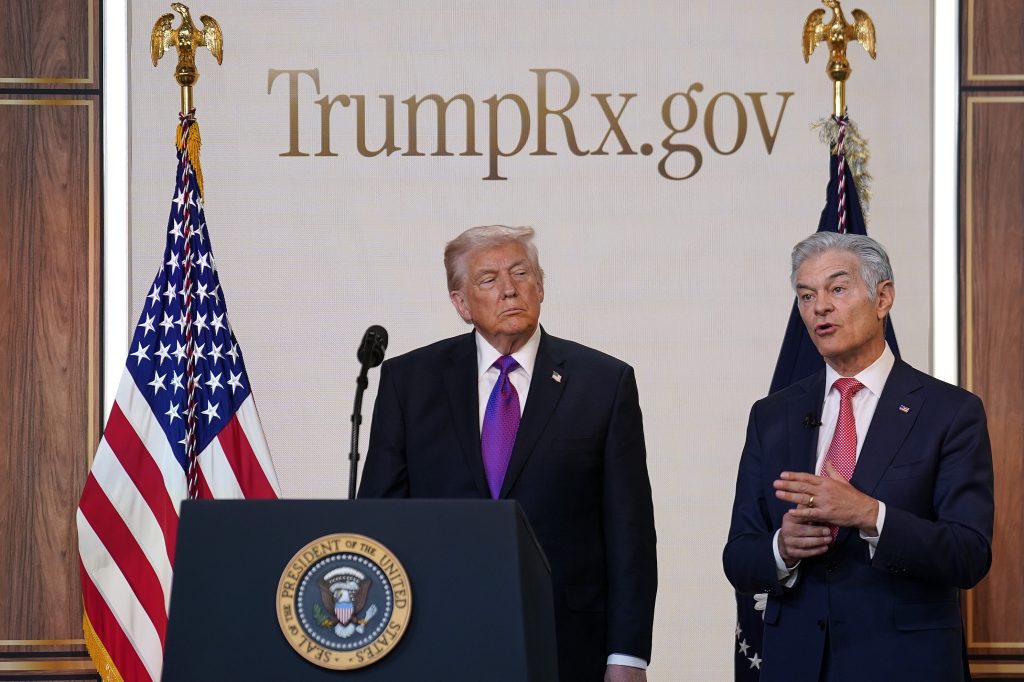This week we discuss the end of LIBOR, appeal success for the FCA and fine for Starling Bank, plus other stories.
Media
The FCA says it has now published the last synthetic LIBOR settings, and that LIBOR has now officially come to an end. A press release by the regulators
Register for free to keep reading
To continue reading this article and unlock full access to GRIP, register now. You’ll enjoy free access to all content until our subscription service launches in early 2026.
- Unlimited access to industry insights
- Stay on top of key rules and regulatory changes with our Rules Navigator
- Ad-free experience with no distractions
- Regular podcasts from trusted external experts
- Fresh compliance and regulatory content every day













